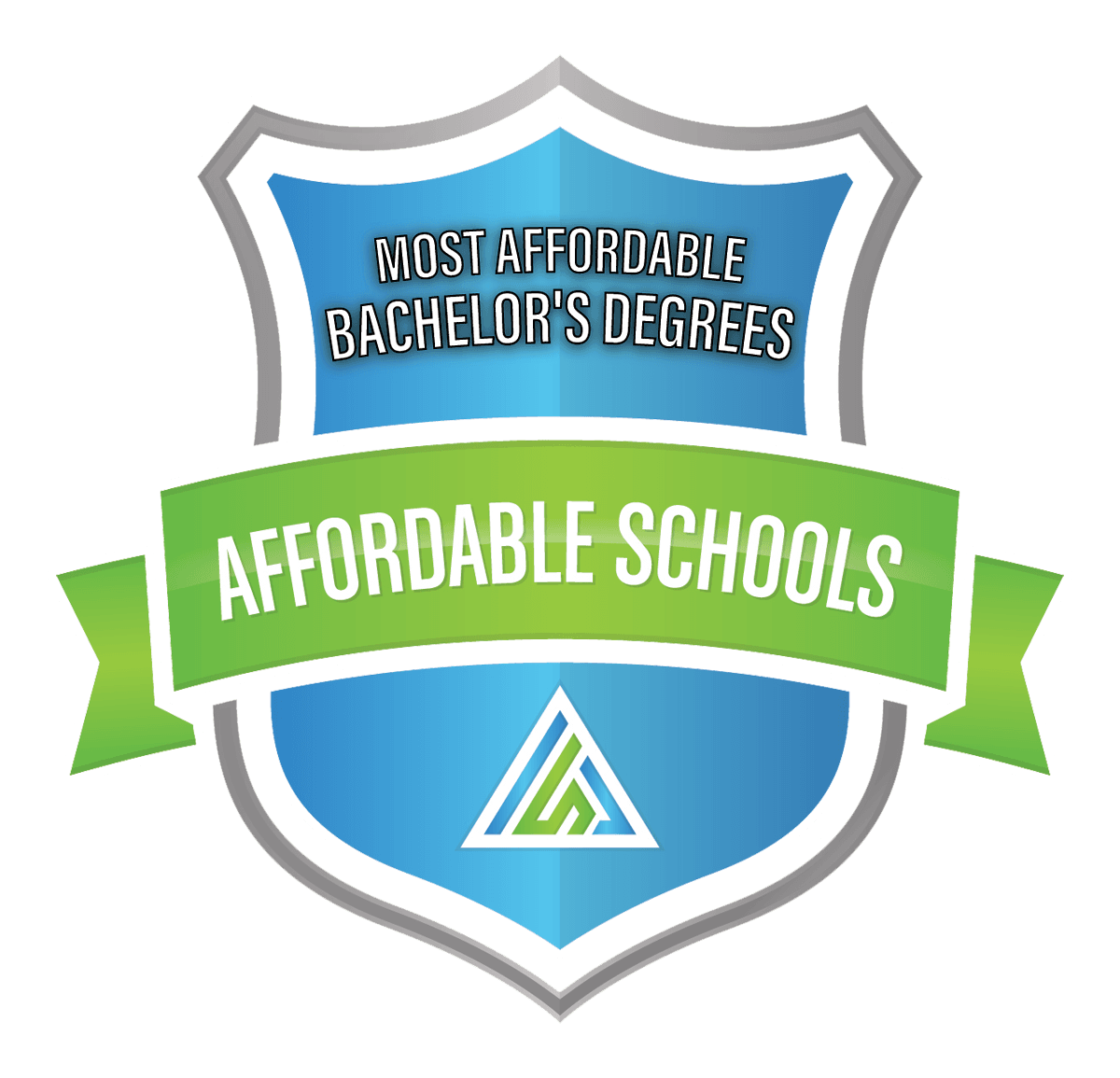|
The entire degree program is fully online. You are never required to come to campus.
Flexible Online Early Childhood SPED Degree
With asynchronous classes, you do not attend class at a set time. If you need to balance
work, family, and other commitments, this flexible format allows you to learn anywhere
at any time.
Depending on your instructor, you’ll learn online through:
- Lesson modules
- Streaming video content
- Virtual libraries
- Posted lectures
- Online simulations
There will be times when you interact with your instructor and classmates through
online discussion boards, polls, and chat rooms.
Your learning revolves around materials that can be accessed on your own time within
a set time frame. However, this is not a self-paced course. You’ll have structure
and deadlines.
Field-Based Practicum
You'll be required to complete a 3-credit practicum in an early childhood education
classroom setting for a total of 60 hours.
You'll be responsible for finding an approved practicum site and the individual who
will supervise you. If you're currently teaching, you may complete the practicum in
your own pre-school, Kindergarten or grade 1-3 classroom if it meets UND's accreditation
requirements. Standard 4 - Diversity of the National Council for Accreditation of Teacher Education
states:
Field experiences or clinical practice for both conventional and online learning programs
provide experiences with male and female P-12 students from different socioeconomic
groups and at least two ethnic/racial groups. Candidates also work with English language
learners and students with disabilities during some of their field experiences and/or
clinical practice to develop and practice their knowledge, skills, and professional
dispositions for working with all students. Feedback from peers and supervisors helps
candidates reflect on their ability to help all students learn.
Your supervisor may be an administrator, education coordinator or another individual
physically located at your practicum site. Your supervisor does not need to be in
your classroom on a regular basis if you have previously taught in an early childhood
classroom.
If you are not currently teaching, UND faculty may be able to assist you in locating
a qualifying practicum site.
Leaders in Online Education
Over a third of UND's student population is exclusively online; plus, more take a
combination of online and on campus classes. You can feel reassured knowing you won't
be alone in your online learning journey and you'll have resources and services tailored
to your needs.
No matter how you customize your online experience, you’ll get the same top-quality
education as any other on campus student.
- Same degree: All online programs are fully accredited by the Higher Learning Commission (HLC). Your transcript and diploma are exactly the same as our on-campus students.
- Same classes: You’ll take courses from UND professors, start and end the semesters at the same time
and take the same classes as a student on campus.
- Real interaction: You can ask questions, get feedback and regularly connect with your professors, peers
and professionals in the field.
- Your own academic advisor: As an invaluable go-to, they’re focused on you, your personal success and your future
career.
- Free online tutoring: We're here to help you one-on-one at no cost. Plus, get access to a variety of self-help
online study resources.
- Unlimited academic coaching: Need support to achieve your academic goals or feeling stumped by a tough course?
We'll help with everything from stress and time management to improving your memory
to achieve higher test scores.
- Full online access: Dig into virtual research from the Chester Fritz Library. Improve your writing skills
with online help from the UND Writing Center. Get online access to career services,
veteran and military services, financial services and more.
- 24/7 technical support: UND provides free computer, email and other technical support for all online students.
- Networking opportunities: Our significant online student population means you’ll have a large pool of peers
to connect with. UND has numerous online events and activities to keep you connected.
Best Online College
Our high alumni salaries and job placement rates, with affordable online tuition rates
make UND a best-value university for online education. UND's breadth of online programs
rivals all other nonprofit universities in the Upper Midwest making UND one of the
best online schools in the region.
UND ranks among the best online colleges in the nation for:
- Affordability
- Student satisfaction (retention rate)
- Academic quality (4-year graduate rate)
- Student outcomes (20-year return on investment per Payscale.com)
|


